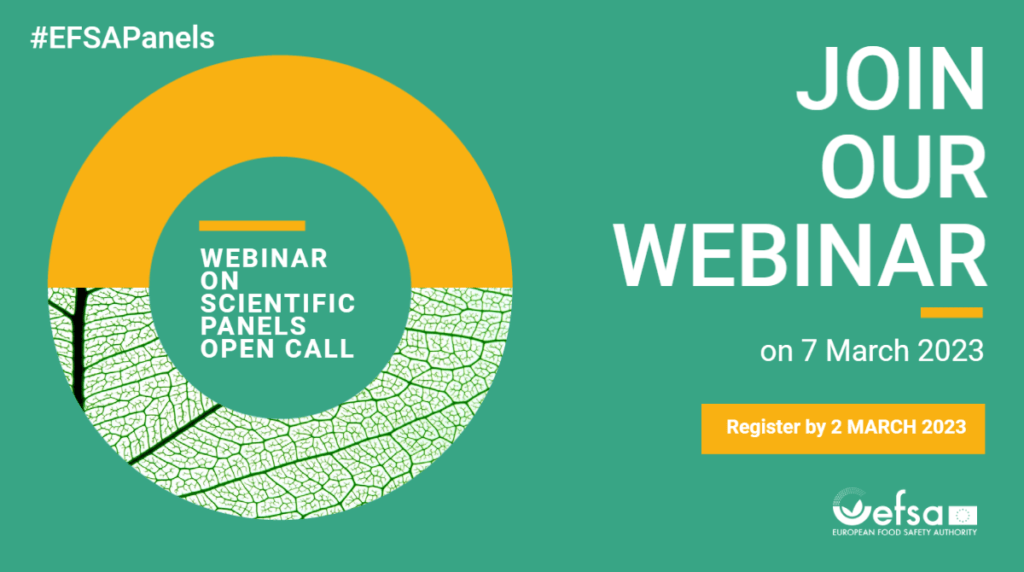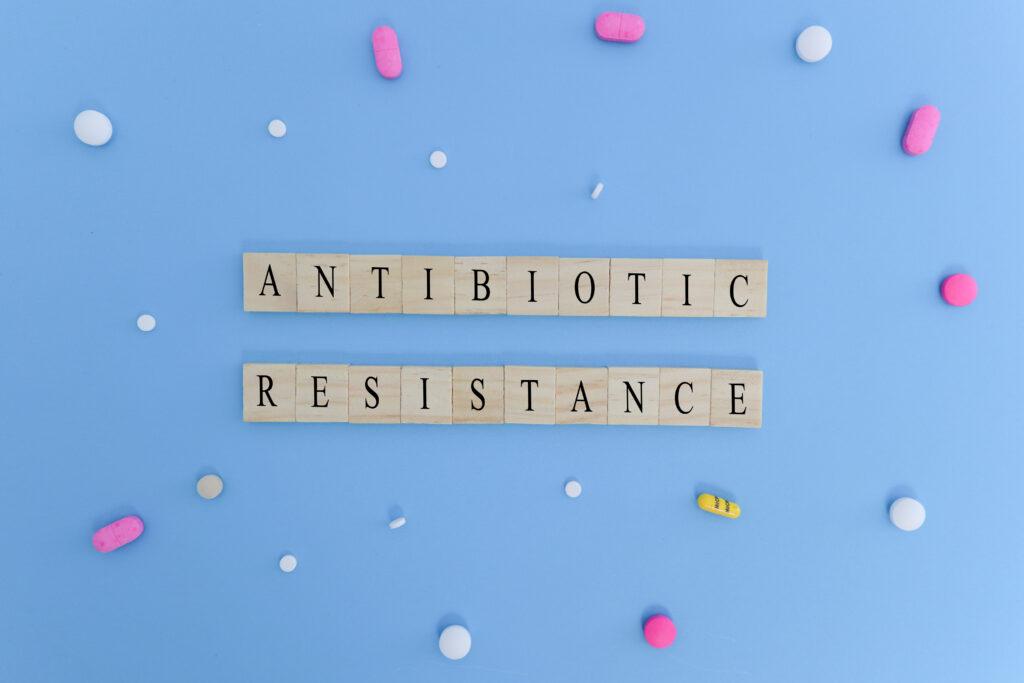EU Court overturns ban on titanium dioxide
The Court of Justice of the European Union has ruled to annul the European Commission’s 2019 classification of titanium dioxide, which is also known as E171 and is used to add white color to foods, as a carcinogen. According to the court’s ruling, the assessment of the European Chemicals Agency (ECHA) in 2017 – which the EC classification was based on, contained a manifest error.
EU updates maximum levels for dioxins and PCBs in some foods
In October 2022, the European Commission published Regulation regarding maximum levels for dioxins and dioxin-like polychlorinated biphenyls (PCBs) in certain foodstuffs.
EFSA is looking for scientific experts

The European Food Safety Authority (EFSA) will renew the membership of its Scientific Panels and Scientific Committee in 2024. A call for applications was recently published on the EFSA website.
Enhancing bread quality and shelf life

A research published in 2022 aimed to develop an approach for the enhancement of the quality aspects and longevity of bread, with the immobilization on an Aspergillus niger-purified enzyme on zinc oxide nanoparticles (ZnONPs) and immersing in a buffered solution to create a mixture of GOx/ZnONPs.
Low iron intake in infants and young children in Australia

Research in South Australia has found that infants and young children do not consume enough iron, a nutrient playing an important role in childhood development concerning the brain and neurological development and also in the functioning of red blood cells.
Balantioides coli Fecal Excretion in Hunted Wild Cervids from Portugal

Balantioides coli is a zoonotic enteric parasite of worldwide distribution that can cause mild to life-threatening diseases in humans and animals. An article published in 2022 presented the results of a study on the occurrence of Balantioides coli in wild cervids in Portugal, Europe.
Methods to stop antimicrobial resistance

Antibiotic-resistant bacteria have been a growing problem due to the overuse of antibiotics in human health and agriculture and inadequate infection prevention and control.
Bacteria-killing, biodegradable food packaging material
Antibacterial, biodegradable packaging has been developed by researchers in Singapore that could replace plastic packaging materials.
Occurrence of toxic metals and metalloids in muscle and liver of Italian heavy pigs

A study has investigated whether the consumption of products made from Italian heavy pigs could pose a health risk to consumers in terms of contamination with certain toxic metals and metalloids.
The EU-FORA programme report has been published

Our Institute participated as a hosting site in the 2021/2022 EU-FORA fellowship programme. A report on the activities of the visiting fellow was published in a special issue of the EFSA Journal.
